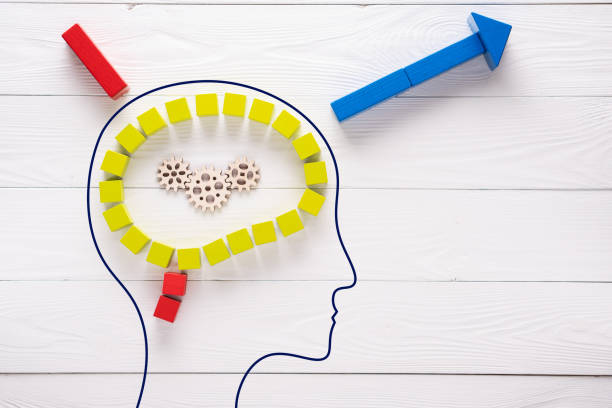For auditory learners, information is best absorbed through listening and verbal communication. Here are some effective study strategies tailored to suit their learning style:
1. Leverage Audio Resources:
- Utilize audio resources such as recorded lectures, podcasts, audiobooks, and educational videos.
- Listen to audio versions of textbooks or study materials while commuting, exercising, or performing other tasks.
2. Participate in Discussions:
- Engage in group discussions, study groups, or debates where you can verbalize your thoughts and exchange ideas with others.
- Explain concepts or summarize material aloud to yourself or a study partner to reinforce understanding.
3. Record and Listen:
- Record lectures, class discussions, or study sessions to capture important information.
- Listen to the recordings multiple times to reinforce learning and clarify any missed or unclear points.
4. Use Mnemonics and Rhymes:
- Create mnemonic devices, acronyms, or rhymes to help remember key information or complex concepts.
- Associate auditory cues with visual or kinesthetic learning techniques for enhanced memory retention.
5. Practice Active Listening:
- Focus on active listening during lectures or presentations by taking notes, asking questions, and summarizing key points in your own words.
- Pay attention to verbal cues such as tone, emphasis, and inflection to enhance comprehension and retention.
6. Engage in Oral Presentations:
- Practice delivering oral presentations or speeches on course material to reinforce learning and build confidence in verbal communication.
- Use storytelling techniques or analogies to convey complex ideas in a clear and memorable way.
7. Use Verbal Repetition:
- Repeat information aloud or recite key facts, formulas, or definitions to reinforce memory retention.
- Create study aids such as flashcards with verbal prompts or quiz yourself orally to test comprehension.
8. Incorporate Music and Rhythm:
- Use background music or ambient sounds to create a conducive study environment and enhance focus.
- Experiment with rhythm-based study techniques such as rhythm tapping or rhythmic reading to synchronize auditory and kinesthetic learning.
9. Teach Others:
- Act as a tutor or mentor to teach concepts or explain material to classmates, friends, or family members.
- Teaching others reinforces understanding and mastery of the material while providing opportunities for verbal expression.
10. Seek Verbal Feedback:
- Request verbal feedback from instructors, peers, or mentors on your understanding of course material, study strategies, and areas for improvement.
- Engage in verbal reflection or self-assessment to evaluate your learning progress and identify areas for further development.
By incorporating these auditory learning strategies into their study routine, auditory learners can optimize their learning experience and achieve academic success.
